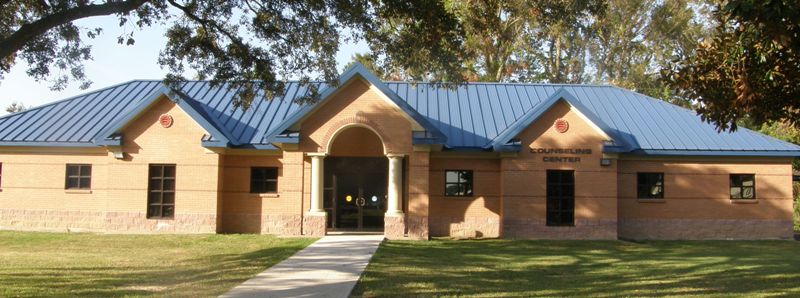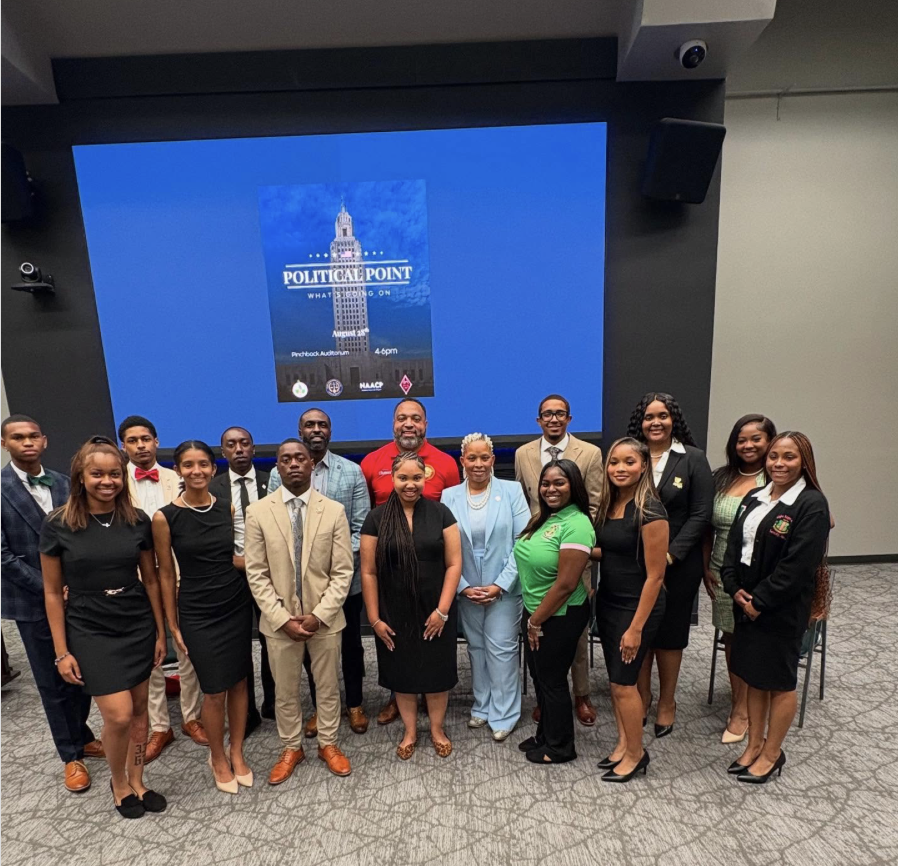Those students who fought in ”the struggle” at Southern University were honored at the 2011 Southern University Law Center Civil Rights Commemoration Symposium.
Groups such as ”The Southern Sit-in Sixteen”, “The Southern Nine” and “Change agents” were honored at the 3-day symposium.
The symposium started with a kick-off celebration on Wednesday and the symposium continued with two themes in mind. “The Struggle for Freedom and Justice” and “The Struggle for Self Determination.”
“In remembering our past, I hope that we are successful in engaging young people in discussions that will motivate and encourage them to engage in the work of determining how they may use their power to make a difference in their lives, the lives of their families and communities, and in the country and the world,” said Sanna Nimtz Towns, co-chair SU Civil Rights Commemoration.
The commemoration included luncheon speakers; Dave Dennis, 1961 Freedom Rider & former CORE organizer and Elsie Scott, President and CEO of Congressional Black Caucus Foundation.
“This has been an inspiring, renewing, and empowering privilege,” said Bobby Joe Saucer, co-chair, SU Civil Rights Commemoration.
Thursday and Friday attendees participated in panel discussions and workshops. Attendees also were able to see “Taking a seat for justice: The 1960 Baton Rouge Sit-in” followed by a panel discussion with participants in the sit-ins.
In response to a student inquiry of how do you know there is a need for organization, “If you have a cause …There is a need,” said Janetta Gilliam, a former member of the Southern 9.
Gilliam participated on a panel with Joe Louis Smith and Dodie Smith-Simmons discussing “the struggle for freedom and justice 1959-1965.”
“This is all about the students taking up the challenge,” said Saucer.
During the panel discussion concerning “the struggle for self determination 1966-1972” Fred Prejean a former student activist discussed the need for defining the role of a black university.
“What is the role of the black university? Is there an unabridged gap between the different ways it is defined?” said Prejean.
Prejean and author Keith Weldon Medley discussed the deaths of Denver Smith and Leonard Brown in 1972 and how the deaths could have been prevented and the context of their protest.
Immediately following the documentary screening of “Taking a seat for justice” Sandra Jones Overby and Vernon Jordan (members of the Baton Rouge sit-in Sixteen) spoke on their motivations and experiences.
Overby discussed being motivated out of tiredness and frustration with access.
Friday workshops were held for attendees to discuss with panelists concerns and solutions for problems at hand, the struggle that is still present.
Attendees could choose to attend one of the concurrent sessions; Strategies to obtain civil/human rights and how civil/human rights are being eroded or denied.
”You can’t just step back. It dishonors those who came before us. But inequities make us ask these questions,” said Tracie Washington, CEO of Louisiana Justice Institute. Washington discussed the questions people ask of whether separate was better. She referred to social injustices being connected and affect a common group.
“We have to talk about all social injustices together because of how they affect the marginalized,” Washington said.
She briefly discussed an ordinance allowing police to stop anyone in New Orleans and ask for ID and how it touched her.
“We have to continue to work to pass on what we know, the lessons learned and most importantly create a new generation of human rights fighters,” Washington said.
Cleo Fields, Dalton Honore´, Larry Carter, John Pierre, and SULC student Jamaal Chatman also served as panelists with Washington.
“We need to have more people like the people in the 60’s that is our challenge today. We have a lot to do and little time to do it in,” Fields said.
Categories:
Civil rights-era issues still relevant
November 14, 2011
0
More to Discover





